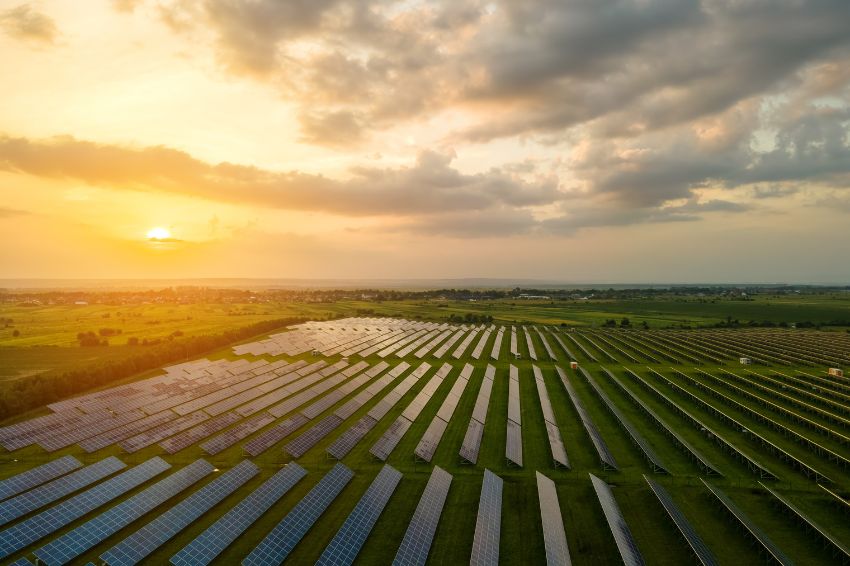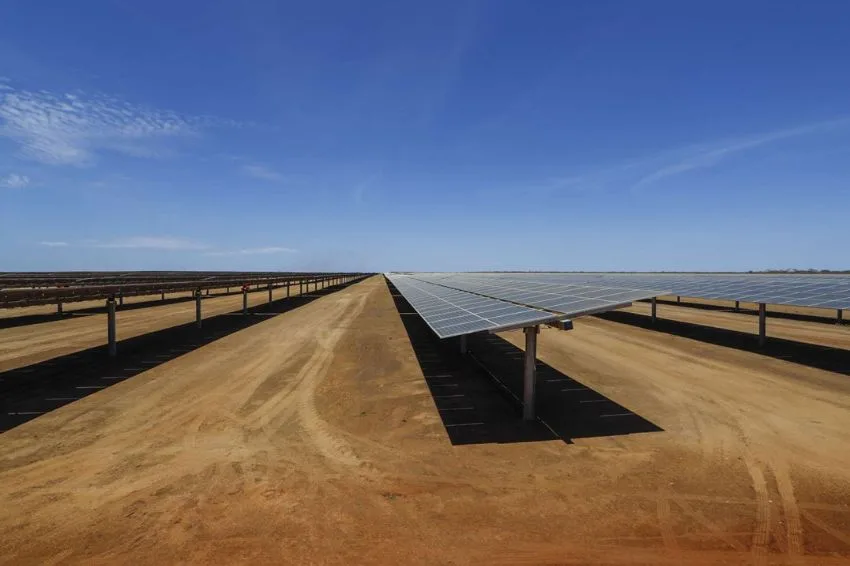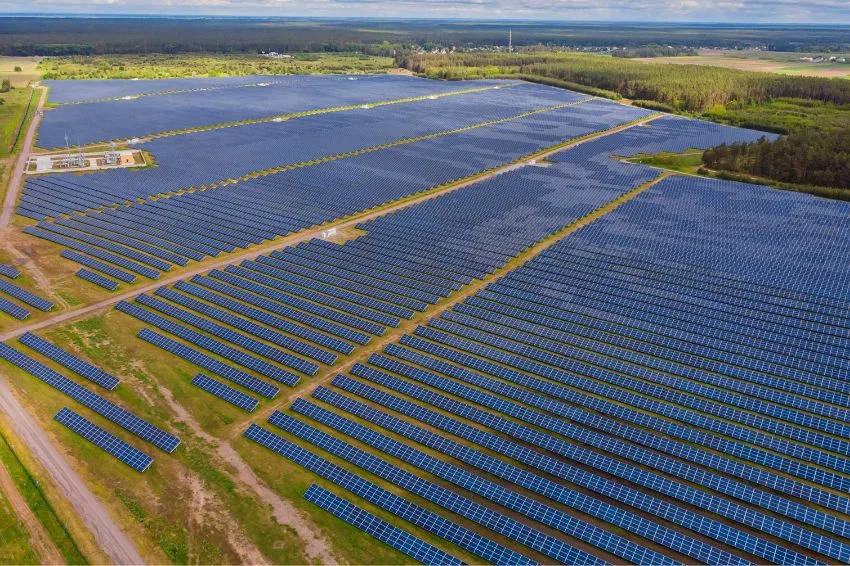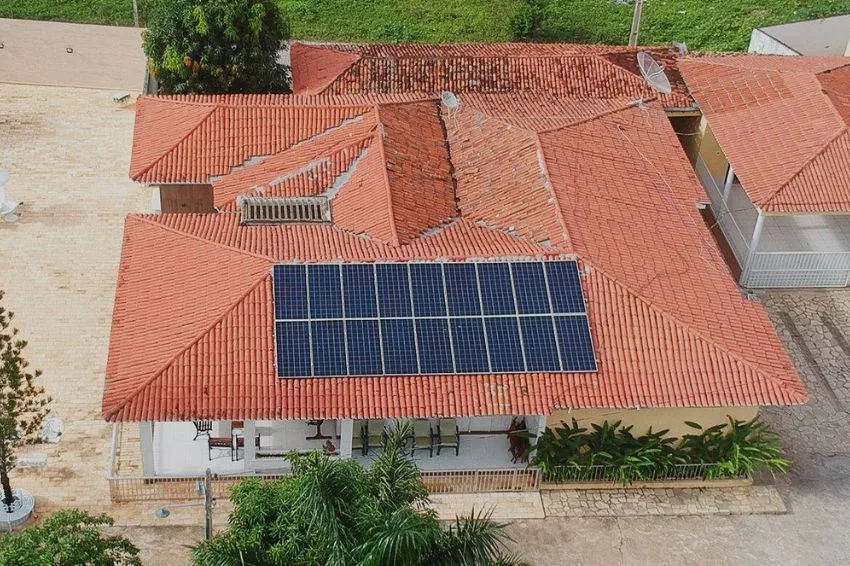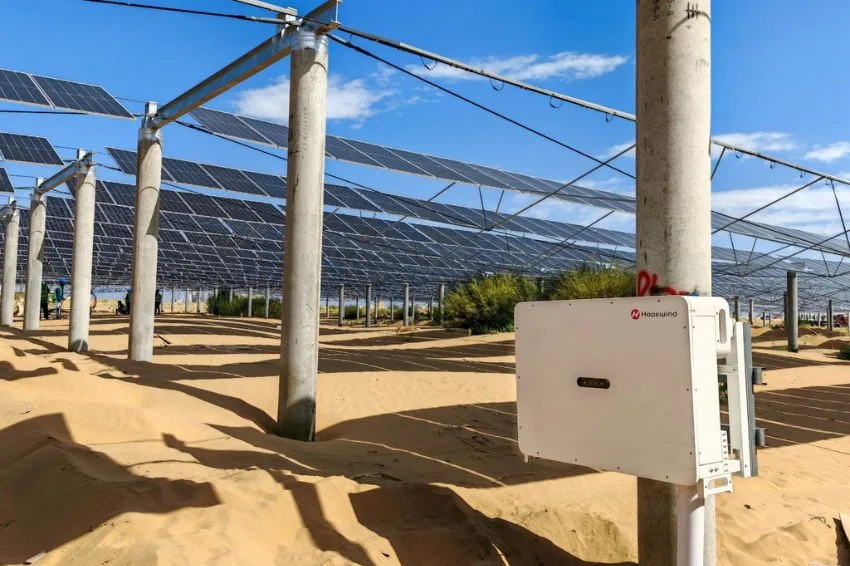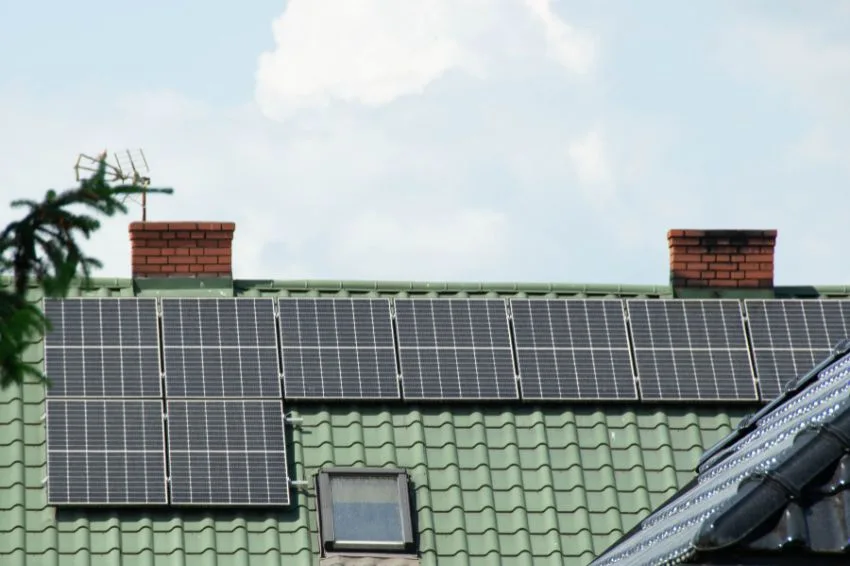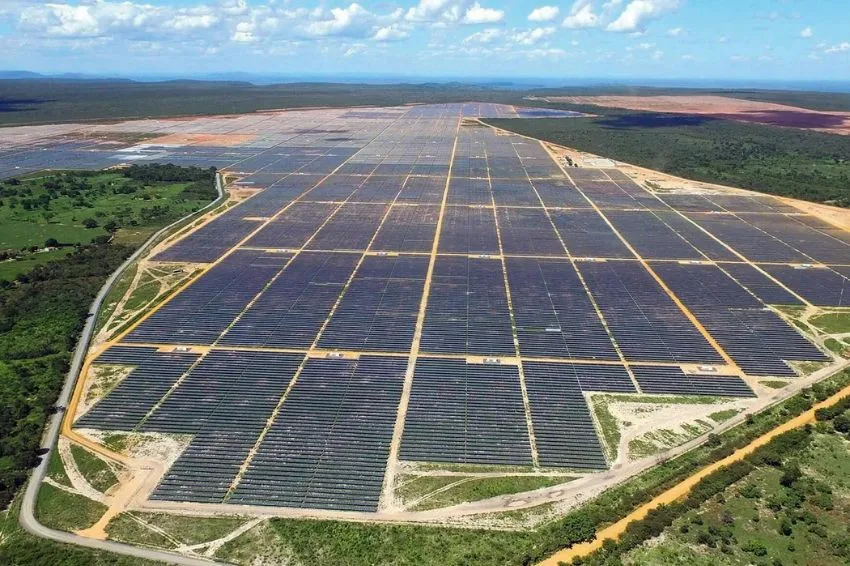To the energy efficiency actions accelerated globally in 2022, as governments and consumers have increasingly turned to sustainable measures as part of their responses to fuel supply disruptions and record energy prices, indicating a possible turning point after several years of slow progress.
This is what the report pointed out Energy Efficiency 2022, from the IEA (International Energy Agency). According to the study, global investments in energy efficiency – such as building renovations, public transport and infrastructure for EVs (electric vehicles) – have reached US$ 560 billion in 2022, one increase of 16% compared to 2021.
Preliminary data indicate that this year the global economy used 2% energy more efficiently than in 2021, an improvement rate almost four times higher than in the last two years and almost double the rate in the last five years.
If the current rate of progress can be developed further in the coming years, then 2022 could mark a vital turning point for efficiency, which is one of the key areas for international efforts to achieve net-zero emissions by 2050.
The Agency's analysis found that, thanks to energy efficiency actions taken since 2000, total energy bills in IEA countries in 2022 are expected to be US$680 billion less than they would otherwise be – or about 15% of their total energy expenses this year.
According to research, the global electricity crisis, triggered by Russia's invasion of Ukraine, has dramatically increased concerns about energy security and the inflationary impact of higher energy prices on the economies and livelihoods of people across the world. world. “More efficient use of energy is the first and best answer.”
“The oil shocks of the 1970s led to massive government pressure on energy efficiency, resulting in substantial improvements in the efficiency of cars, appliances and buildings,” said Fatih Birol, IEA executive director.
“Amid today’s energy crisis, we are seeing signs that energy efficiency is once again being prioritized. It is essential to deal with today's crisis, with its enormous potential to help face the challenges of accessibility, security and climate change”, he highlighted.
Post-pandemic recovery
The IEA further pointed out that this year's improvement came after Covid-19 led to two of the worst years ever for global energy efficiency progress, with annual gains falling to around 0.5% in 2020 and 2021.
Efficiency progress had already slowed before the pandemic began, with the global rate of improvement falling from 2% in the first half of the last decade to 1.3% in the second half.
“Improvements need to average around 4% per year this decade to align with the IEA’s Net Zero Emission by 2050 Scenario. There are encouraging signs of progress. The electrification of transportation and heating is accelerating, with one in eight cars sold globally now electric,” they exemplified.
“Existing codes are being strengthened and new ones are being introduced in emerging and developing economies, while a growing wave of energy-saving awareness campaigns are helping millions of citizens better manage their energy use,” the study noted.
All governments in Southeast Asia, for example, are developing policies for efficient cooling, vital for a region with one of the fastest growth rates in electricity demand.
This year, according to the report, was marked by several significant policy and spending announcements that point to continued investments in efficiency and progress in the years ahead.
These include the United States' Inflation Reduction Act, the European Union's REPowerEU plan, and Japan's Green Transformation (GX) program, which add up to hundreds of billions of dollars in spending on more efficient buildings, vehicles, and industries in the coming years.
However, it said these packages – like much investment in energy efficiency more broadly – are concentrated in advanced economies, and much greater investment is needed in emerging and developing economies.


